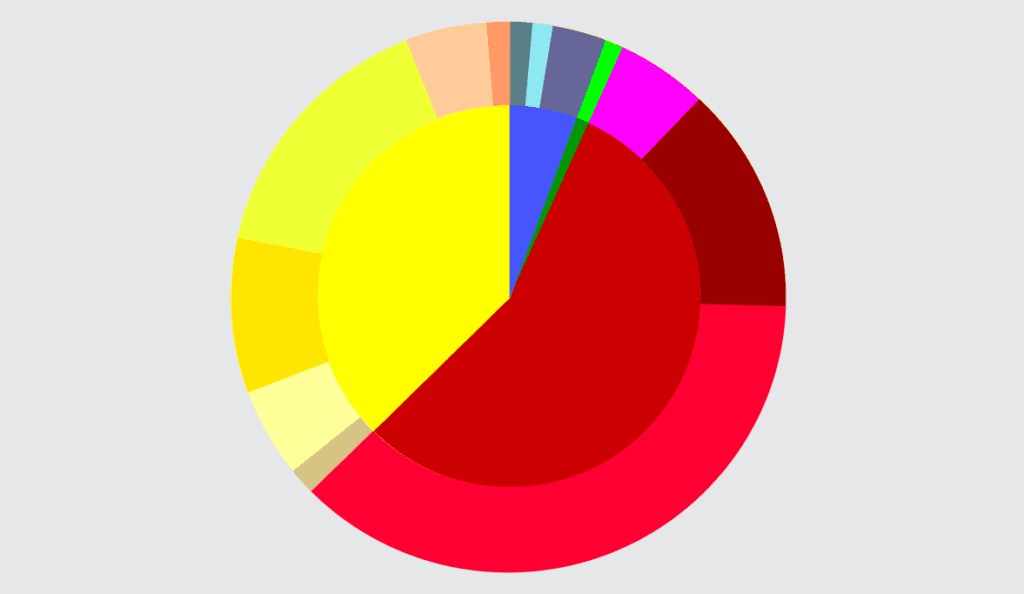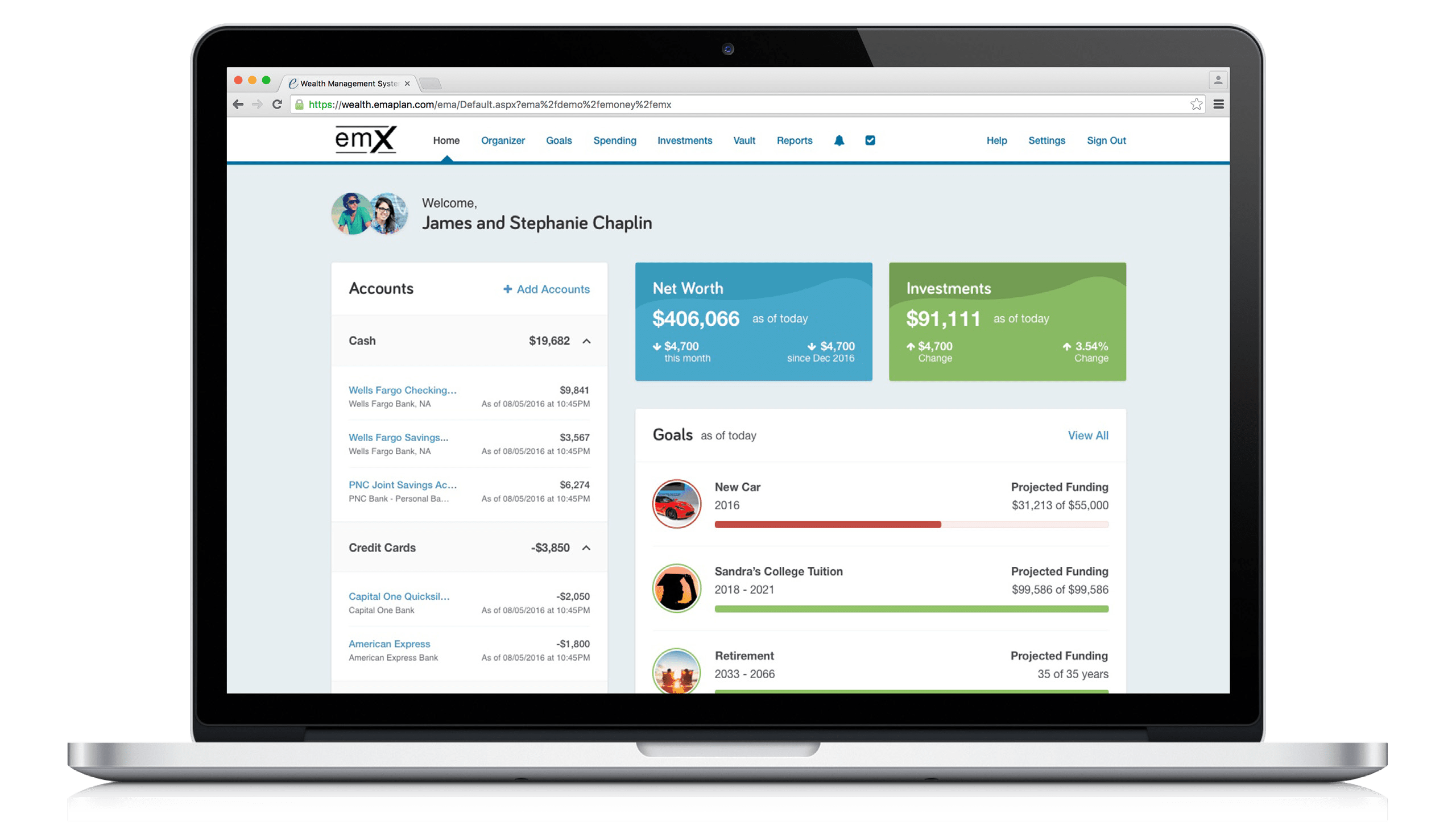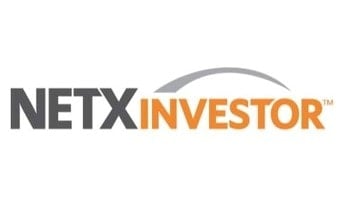Inflation has been one of the hottest topics in economic news throughout 2023. Maybe you have read about inflation in the news or talked about the most recent data at the proverbial water cooler. If you have not heard about the recent bout of inflation, you have certainly felt its effects. Maybe that’s led you to ask questions like “why do we have inflation?” It is a good question, and one that has a very meaningful impact on your financial goals.
Simply stated, inflation is an increase in the prices of goods and services across the economy over time. Take a straight-forward example. In the early 1990s, $1 could buy you a 2-liter bottle of Coke. Nowadays a 2-liter bottle of Coke will cost you almost $3. This type of price increase may appear small at first glance, but it has a profound effect on your financial plan over time.
To track inflation the Bureau of Labor Statistics developed the Consumer Price Index (CPI). CPI bundles diverse types of goods and services bought by the average consumer and then uses this basket to measure the rate of change in prices (though your individual basket may vary). When you see CPI most recently come in at 3.2%, that means prices in the basket have increased by 3.2% from this time last year. Simply, a positive change in CPI means the cost of goods is rising, i.e., inflation. CPI helps us understand the amount of inflation, but this does not speak to why inflation happens. As a famous economist once said, “inflation is always and everywhere a monetary phenomenon”. What this economist was referring to is the amount of money in the economy, so let’s start there.
The amount of money in the economy is an important variable in the inflation equation. Fundamentally, money is something that serves as a medium of exchange, a store of value, and a unit of account. In the US, we depend on dollars as money, but you have no doubt used or heard of other forms of money (e.g., euros, pesos, etc.). These functions of money help shape its role in society. The easiest way to think about the role of money might be to consider what would change if we did not have it. If we did not have money, and you wanted to buy food, you would need to find someone who made the food you want and needed the time, skills, or goods you offer. With money, you do not need to find that special person. Instead, you trade your time, skills, and/or services for money and use that money to buy your favorite burrito.
Nowadays, our current dollars do not represent a claim on any underlying source of value (e.g., gold or silver). Instead, the value of money is derived from how much of it there is in circulation compared with what it can be exchanged for. The Federal Reserve (“the Fed”) influences the amount of money in circulation by adjusting reserve requirements at banks under its jurisdiction. When the Fed lowers reserve requirements, more money enters the economy and eventually makes its way to the consumers who want to spend that money. However, when consumers have more money and these dollars are chasing the same amount of goods and services as before, there is an increase in prices (aka inflation). On the flip side of the coin (no pun intended), inflation can be caused if the amount of goods and services available is reduced (e.g., supply chain disruptions). In whichever flavor it appears, the common factor in this type of inflation is demand for goods and services pulls prices higher.
The amount of money available and peoples’ willingness to spend that money is one reason for inflation, but what if there is a change to the cost to produce stuff people want to buy? All else equal, a rise in the cost to produce the stuff leads to increased prices (inflation again). This flavor of inflation occurs because the cost to produce goods and services pushes prices higher. Both above descriptions explain theoretically why inflation may occur, but why does inflation matter to you?
Inflation is a huge consideration when planning for a financial goal and especially when planning for financial independence. Generally, financial independence means your assets can adequately support your lifestyle for as long as you live. Understanding inflation means understanding that in the long-term you need your assets to grow over and above inflation and that your expenses today will grow in the future just to support your same lifestyle. Though your own personal inflation rate may differ from conventional measures, it cannot be understated how profoundly inflation will affect your lifestyle costs over time.
An advisor at Griffin Black can help you formulate a long-term financial strategy that helps you deal effectively with inflation. By analyzing your cash flow and recommending an appropriate investment mix, our goal is to help you grow your purchasing power faster than the rate of inflation so you are able to maintain (or improve) your standard of living over time. Doing so helps build the financial infrastructure to enable you to live the life you want to live.



